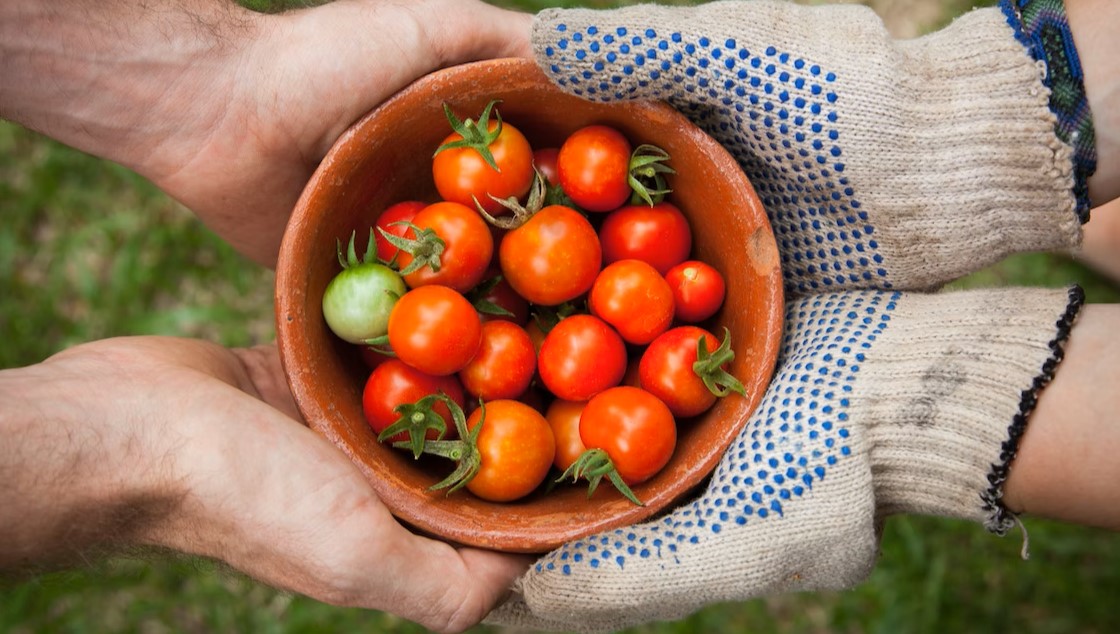
The Benefits of Gardening
There are lots of benefits to gardening. It brings us closer to the natural world, and seeing nature in full bloom can have positive effects on overall wellbeing. It’s also an excellent way to educate and motivate communities during crisis.
Gardens throughout history
People have always been interested in gardening. In fact, research has helped to uncover lost gardens from across history. Examples include the Monumental Timurid Garden in Afghanistan, the Wah Gardens in Pakistan, and New Jersey’s Stockton gardens in the USA. Gardens can reflect a lot about a given era and area. And reconstruction projects have helped to uncover more about human–plant relationships throughout history.
Research on gardening in the ancient world, the Middle Ages, and today has helped to uncover how prevalent and beneficial gardening has been, and still is.
How gardening benefits wellbeing
The benefits of gardening can be enjoyed by us all. Whether you’re hoping to be more active, consume more fruits and vegetables, or find a sociable hobby, gardening’s a great option.
Encouraging movement
Gardening can help to keep you active. Activities like digging and weeding can be physically demanding. Just 30 minutes of gardening has been compared to playing badminton or a yoga session. Mulching and digging also engage the major muscle groups and promote flexibility. So, you can get a pretty good workout while growing yourself some healthy food.
Growing your own fruit and vegetables
Growing fruit and vegetables can encourage a healthier relationship with food, and save you some money. You don’t have to have lots of space to grow your own fruit and veg, meaning you can reap the benefits of gardening anywhere. Lettuce, herbs, and bush varieties of tomato can be grown from hanging baskets. Pots and hanging baskets save space and give you the option to grow fruit and veg if you don’t have a private garden. Growing food locally can also help to reduce emissions in comparison to commercialized agriculture. So, gardening can promote healthier eating and sustainable food practices.
Building relationships
Gardening in community gardens or allotments can be a good way to socialize. Community gardens, shared paths to allotments, as well as communal spaces like picnic benches, encourage interaction within communities. And greater investment in greenspaces will mean more gardens and allotments for people to use. By building an understanding of the many social, phycological, and physical benefits of gardening, we can encourage investment in urban greenspaces. More urban greenspaces like allotments and gardens can provide greater scope for gardening, especially in cities, where private gardens are uncommon.
Research also helped to highlight the importance of gardening for wellbeing during the COVID-19 pandemic. Study participants benefitted from the social aspect of gardening, improved nutritional literacy, as well as feelings of being connected to nature. Importantly, gardening can lessen feelings of stress and anxiety, which were reported during the pandemic.
The benefits of gardening during crises
A recently published study looks at the relationship between urban gardens and climate change. The authors identify a trend of increased urban gardening during periods of crisis, such as in the wake of the Great Depression.
A positive relationship is identified between climate change and urban gardening in the 21st century. Climate change can help to motivate the “renaissance of urban gardens”. At the same time, urban gardens can help populations to become more “resilient in the context of climate crisis”.
The authors focus specifically on how urban gardening methods can help increase resilience to crises and improve food security.
“Adaptive gardening practices such as rainwater capture, drought-resilient plant selection and ground cover management can be incorporated as a response, improving the sustainability of the practice, reducing risks and reducing vulnerability.”
Conclusions
Gardening presents various avenues to improve physical and mental well-being. Given that health and climate crises demand new ways of interacting with nature, research on the benefits of gardening is all the more important.










